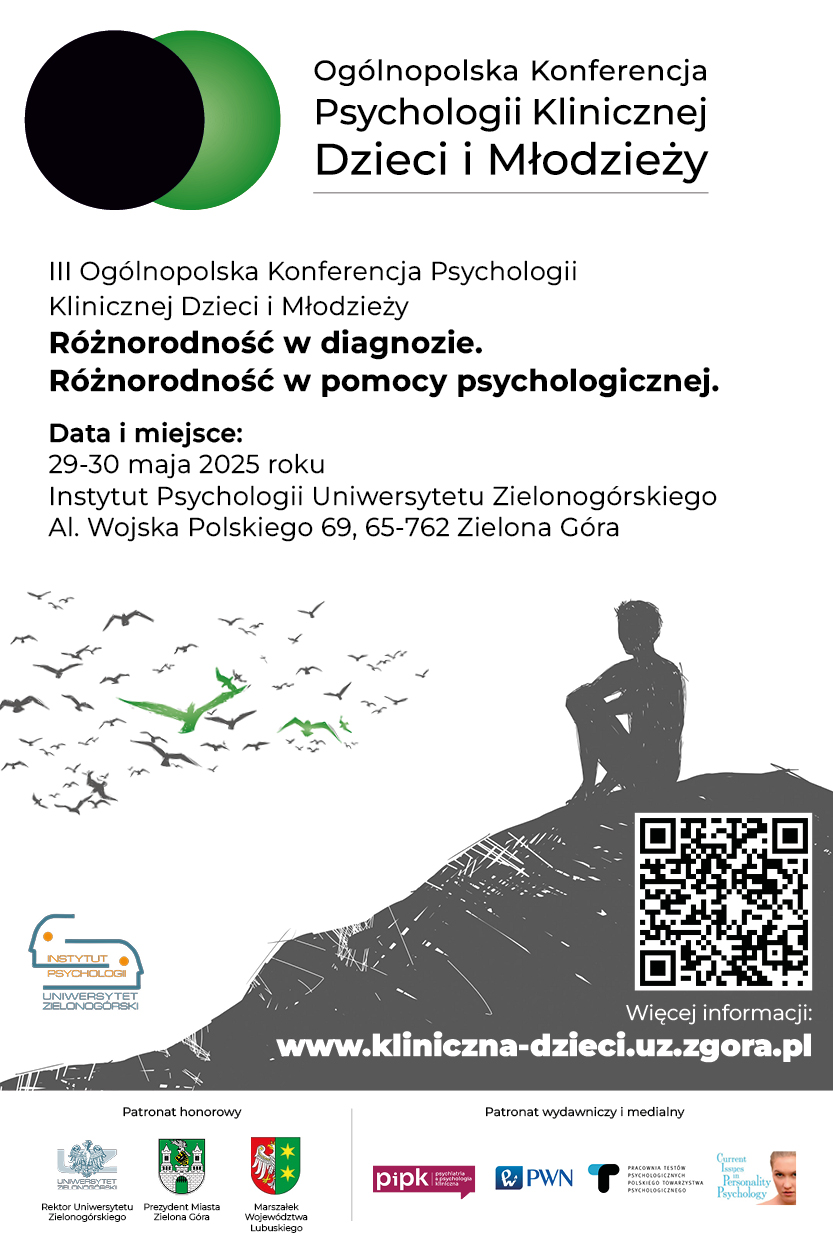Cognitive-behavioural psychotherapy and alopecia areata
Marta Kuty-Pachecka
 Affiliacja i adres do korespondencji
Affiliacja i adres do korespondencjiAlopecia areata (also known as spot baldness) is a disease with multifactorial aetiology, including genetic, hormonal, autoimmune and psychological factors as well as nervous system disorders. This disorder belongs to the group of dermatological conditions modified by psychological factors. Clinical experience indicates that stress and psychological aspects contribute significantly to the onset and/or exacerbation of alopecia areata. Pharmacological treatment of this dermatosis is often ineffective or insufficient. Therefore, a holistic approach to the disease, including both medical and psychological aspects, is crucial. It is emphasised in the subject literature that some forms of psychotherapy and pharmacotherapy used in patients with alopecia areata improve their psychophysical condition, and, consequently, stimulate the regrowth of their hair. Research has shown that cognitive-behavioural therapy complements dermatological treatment of alopecia areata, improving the quality of life of patients. The aim of cognitive and behavioural techniques is, on the one hand, to change the maladaptive negative convictions about oneself, the world, and the disease, and, on the other hand, to acquire the ability to cope with negative emotional states and difficult situations, such as a disease. The aim of the paper is to present the results of a literature review on the efficiency of pharmacotherapy and the role of cognitive-behavioural therapy in alopecia areata.






















